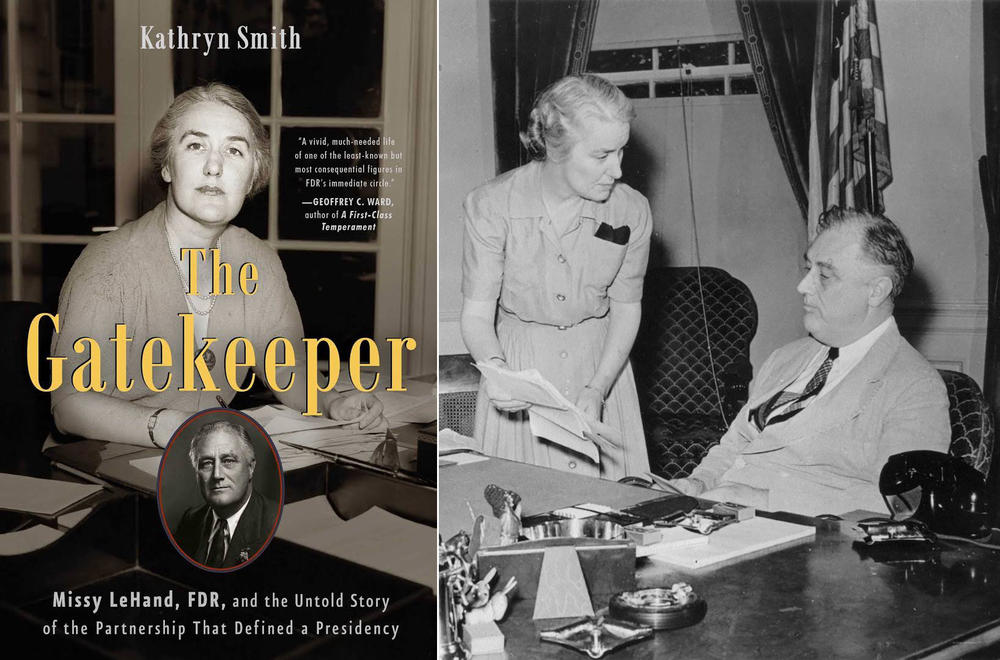Section Branding
Header Content
Remembering Marguerite Missy LeHand, FDR's Unrivaled Advisor
Primary Content
This week marks the 72nd anniversary of the death and subsequent funeral of President Franklin Roosevelt. He died on April 12, 1945 at the Little White House in Warms Spring, Georgia; the funeral took place on April 15 in Washington D.C.
In surveys of historians who are asked to rank the best presidents in American history Roosevelt almost always pops up third – finishing behind only Abraham Lincoln and George Washington.
His legacy is well known: he took office in 1933 – in the middle of the Great Depression. He quickly passed laws to create government jobs to combat massive unemployment. He helped states provide unemployment benefits for those who couldn’t find work. He worked to stabilize the banking industry and created a federal insurance program that protected bank customers from losing their money if a bank failed. And, of course, it was his administration that created Social Security.
Today, we’re going to tell a story about Roosevelt that is not as well-known as his sweeping achievements. During his administration, it was a woman – Marguerite Missy LeHand – who became his most trusted advisor. She essentially operated as his chief of staff – a position never before and never since held by a woman.
We’re going to talk about LeHand with author and journalist Kathryn Smith. Her book “The Gatekeeper: Missy LeHand, FDR and the Untold Story of the Partnership That Defined a Presidency” is the first biography of the woman who became a powerful force in Washington during FDR’s tenure in the White House.
Later in the show you’ll hear an audio essay on the events surrounding FDR’s death at the Little White House, and the subsequent funeral in Washington D.C., edited by Senior Producer Jenny Ament.


